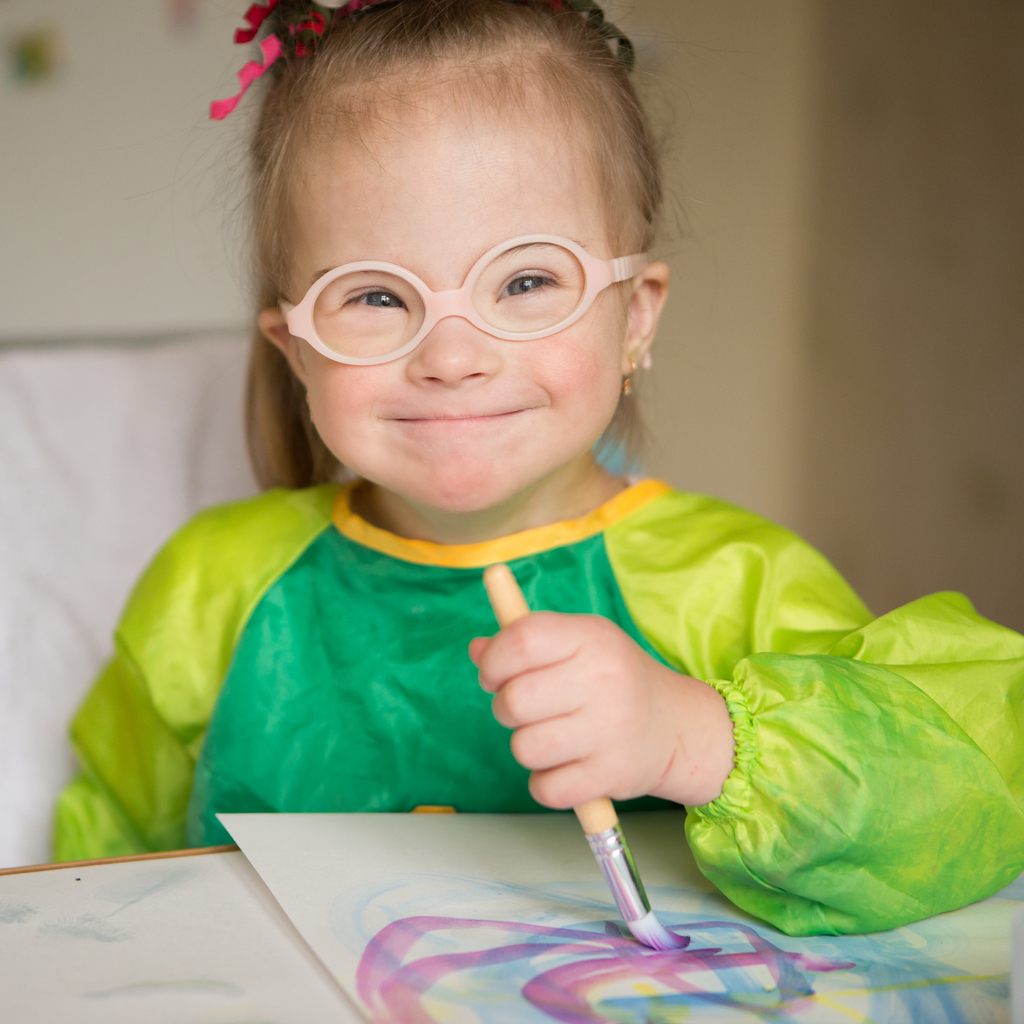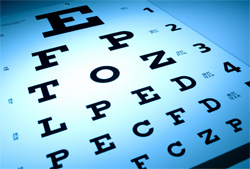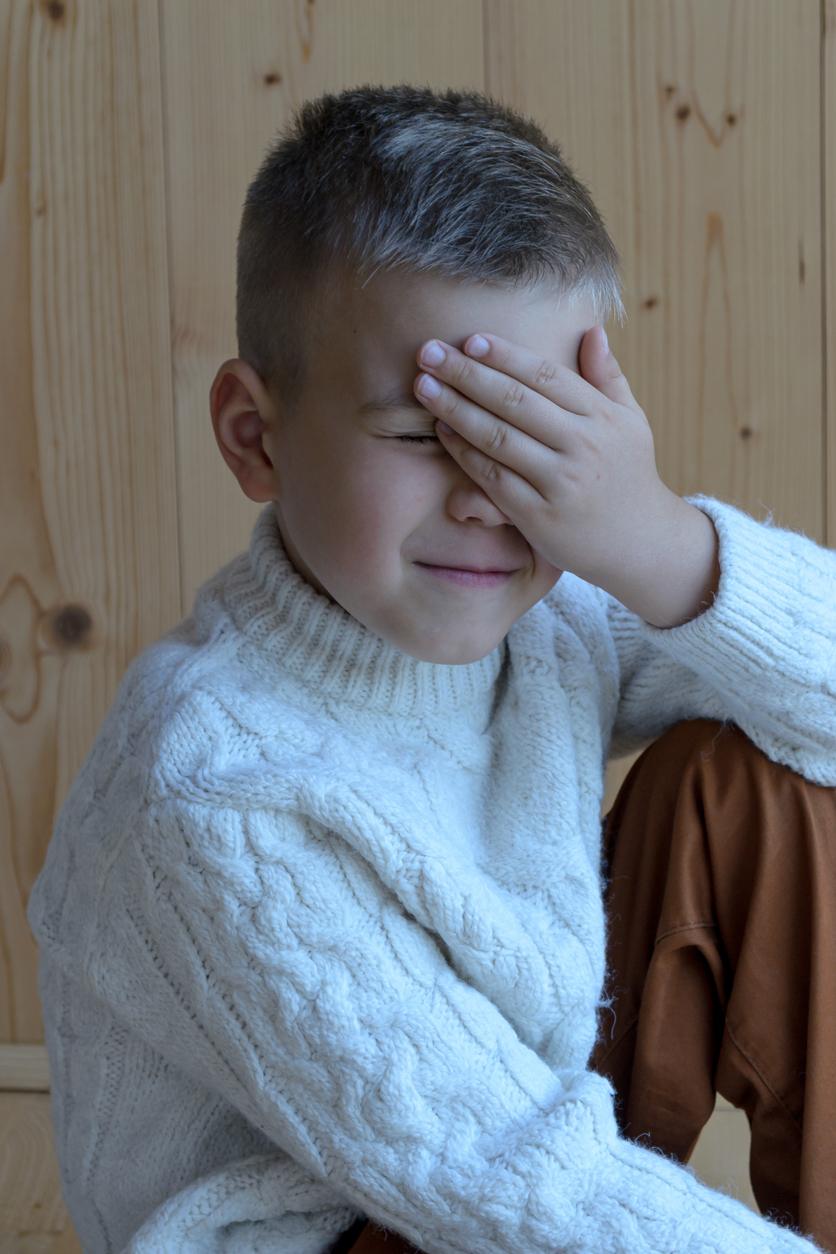Pediatric Ophthalmologist Atlanta

The Importance of Pediatric Eye Care
The importance of pediatric eye care cannot be overstated. While most parents and guardians remain vigilant when it comes to child healthcare, taking a comprehensive approach to vision care is often overlooked. Children are often too young to inform you if something is wrong–let alone explain their symptoms—and so timely vision screenings with the pediatrician is an important first step.
An undiagnosed visual condition can cause a child’s vision to worsen and his or her overall development to be stunted. What’s more, an undiagnosed condition can lead to behavioral misdiagnoses that can have a dangerous ripple effect on the rest of the child’s life. In order to avoid these unnecessary heartaches (and headaches) down the line, be sure to bring your child to a pediatric ophthalmologist.

Why Are Complete Eye Exams Necessary?
Your child’s ocular health can affect the myriad physical and mental changes your child will face over his or her lifetime. It’s essential that you bring your child to a pediatric ophthalmologist when recommended by your primary care provider.
According to the American Public Health Association, “the majority of eye and vision conditions in infancy and preschool ages are not obvious on gross examination and go undetected until…around age 5 years.” According to published studies, “40 to 67 percent of children who fail a vision screening do not receive the recommended follow-up care by an eye doctor.” Poor communication between those who hold the school screenings and parents compounds this issue. The same studies found that “two months later, 50 percent of parents were unaware their child had failed a vision screening.” While school screenings can be useful, it is significant to keep in mind that they are not a replacement for a comprehensive eye exam by a pediatric specialist.
There is significant danger in allowing these conditions to go untreated. If there is a condition that has not yet been diagnosed (or has been diagnosed and not treated), the visual ailment can worsen as the child’s eyes strain and his or her neural connections deteriorate. Additionally, these vision problems can be misdiagnosed as a learning or behavioral disorder, since visual disorders can cause a student to struggle and negatively affect his or her schoolwork. In addition to the negative social and intellectual impact of learning difficulties, this struggle is often misdiagnosed, leading to dangerous diagnoses and treatments. If your child is misdiagnosed with a condition–when he or she may need corrective surgery or, simply, a new pair of eyeglasses–he or she may endure treatment that can have a severely negative impact on developmental and physical health. Similarly concerning is research that shows a child living with an untreated visual condition has an increased chance of displaying behavioral issues, being developmentally stunted, and is more prone to be bullied.
Pediatric Offices
- Fayetteville: 678-385-0377
- Marietta Pediatrics: 770-422-4055
- Scottish Rite Hospital: 404-255-2419
- Piedmont Hospital: 404-952-2302
- Duluth/Gwinnett: 404-255-2419
- Forsyth/Cumming: 404-255-2419
- Newnan: 678-673-2358
- Stockbridge: 470-264-0840
Eye Consultants of Atlanta provides the most up-to-date ophthalmic care for your young ones. Call us at one of the above numbers if you need a pediatric ophthalmologist in the Atlanta area. Please reference our pediatric educational material on this website for brief descriptions of common eye issues, and the more in-depth analysis.


 There are many visual tests that can be performed to assess your child’s vision. It’s important for your pediatric ophthalmologist to test the strength of the eyes as a team and independent of each other. Engaging and pleasant tests are done to determine the health of your child’s eyes. One of the key ways of assessing the need for glasses or contact lenses is the use of dilating drops to examine the eye. Once these drops have taken effect, your
There are many visual tests that can be performed to assess your child’s vision. It’s important for your pediatric ophthalmologist to test the strength of the eyes as a team and independent of each other. Engaging and pleasant tests are done to determine the health of your child’s eyes. One of the key ways of assessing the need for glasses or contact lenses is the use of dilating drops to examine the eye. Once these drops have taken effect, your 